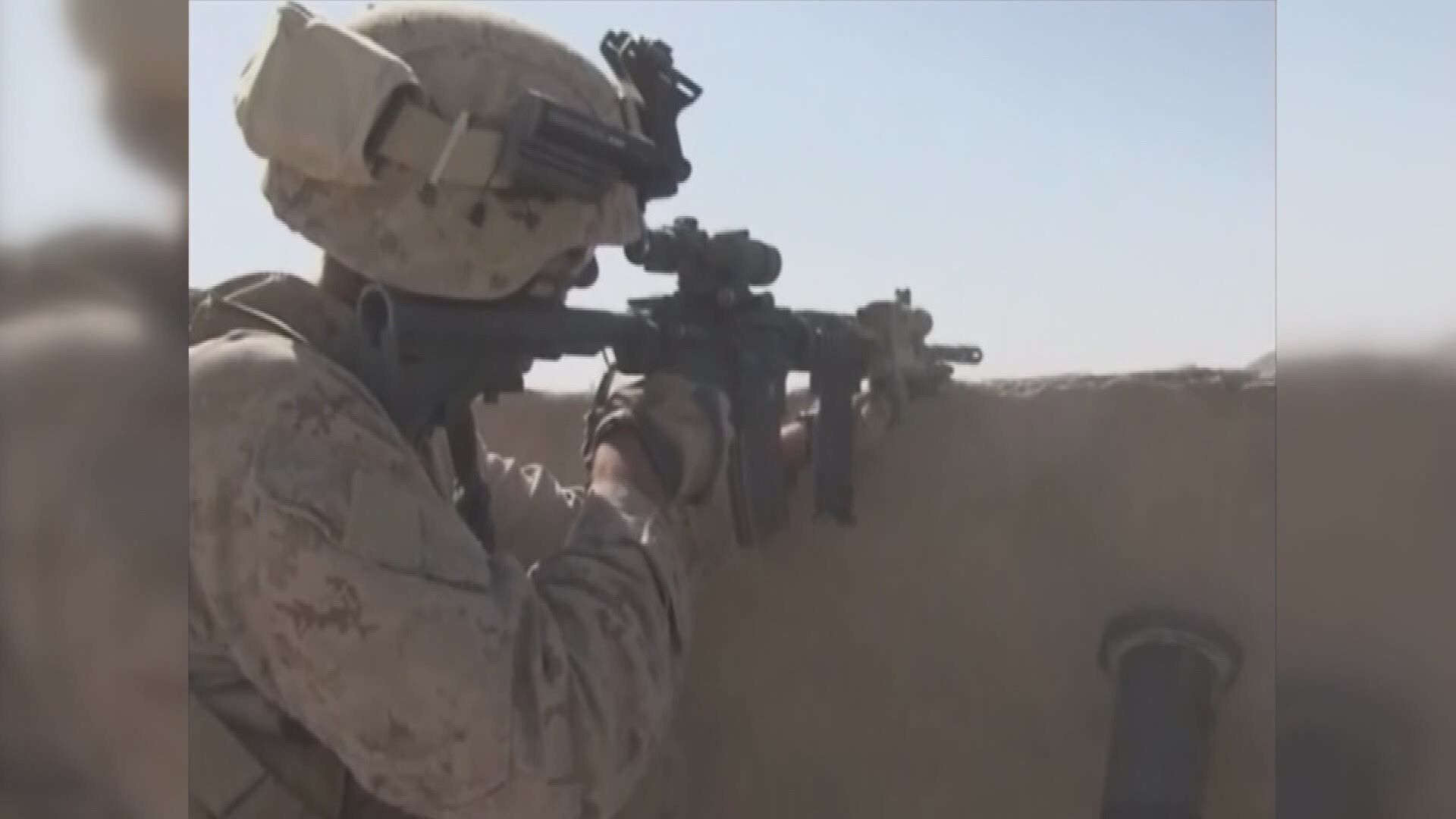May is military appreciation month -- and to honor the sacrifice of our veterans, we're putting a spotlight on a battle so many of them face: post-traumatic stress disorder.
Between seven and eight percent of the population experience PTSD – and that number is even higher for veterans.
Paul Sparks, from northwest Ohio, is one of those veterans.
After serving three tours in Iraq and Afghanistan as an Army medic, Sparks had seen a lot of action.
It's why he didn't hesitate to help when he witnessed the aftermath of a motorcycle driver colliding with a car in Springfield Township just over one year ago.
Even though I'm no longer in the military or no longer in the medical field, I had to stop and help a person,” said Sparks. “It doesn't matter who they were, I had to stop and help."
Sparks spent years as an Army medic, and it was that experience and instinct that kicked in as he was driving by.
"I'm a medic," recalled Sparks. "I'm that type of person and I saw it and ran and helped. Because I couldn't do anything else."
The motorcycle driver didn't make it – which brought back memories from a portion of Sparks' life that he thought he'd put behind him.
Sparks ended up leaving the military because of PTSD.
Now. ever since that day last spring, he's continued to face a past that haunts him.
And because of COVID-19 isolation and a tense year in American politics, he says his depression, PTSD and anger have been magnified.
"The whole government, the whole election," said Sparks. "I'm getting mad at everything and I've been seeing my counselor a lot more."
The pandemic can create isolation for people - and for Sparks, he says that's not healthy for a war vet.
"In the military we're taught to be self-sufficient and depend on your team," said Sparks.
Now, he says being away from people has left him with a feeling of being out of his element.
Forcing this veteran to rely on his training - and with the help of a therapist - look forward to a brighter future.
"It's been rough. I miss my friends," said Sparks. "I'm getting tired of people seeing me with a mask everywhere."
Armed not with a gun – but with courage -- he's working toward a sense of normalcy and once again looks to help others.
"Get help. See a counselor," is his advice for other veterans out there.
"Don't be pig headed and think you can do it alone, because you can't."
Sparks says a huge part in his decade-long recovery from PTSD is forgetting his memories of war.
He's even thrown out all photos of his time in the service.
Yet he says despite that - his connection to his past is strongest when he's helping others.
RELATED:

